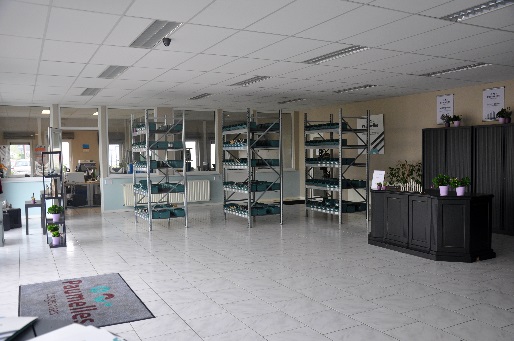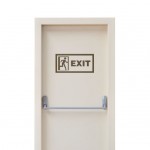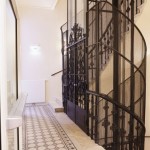Background

In 1961, Tony Grutman, a young Gramme Institute-graduated engineer in charge of purchasing at Ascenseurs Jaspar, started manufacturing weld-on hinges in his basement in Angleur after he made a bet with one of his suppliers who stopped selling to him because the hinge prices were too high. At the time, the supplier argued saying that if he did end up making hinges, he would buy a hundred thousand from him a year.
On 3 July 1961, Mr Grutman and Omer Spiessen, a close friend whom he met while studying at the Gramme Institute, started a company by the name of “Pomel”, whose sole customer was the supplier who had dared him.
The two engineers didn’t waste any time in conquering the Dutch, German and Scandinavian markets and before long the basement in Angleur had become far too small. In 1964, they set up a one hundred and forty square metre warehouse in Kinkempois, with the first orders coming in in 1965 and 1966. This is when Mr Spiessen withdrew from the business and Mr Grutman stopped all other activities.
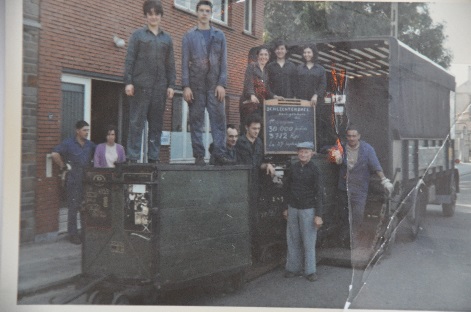
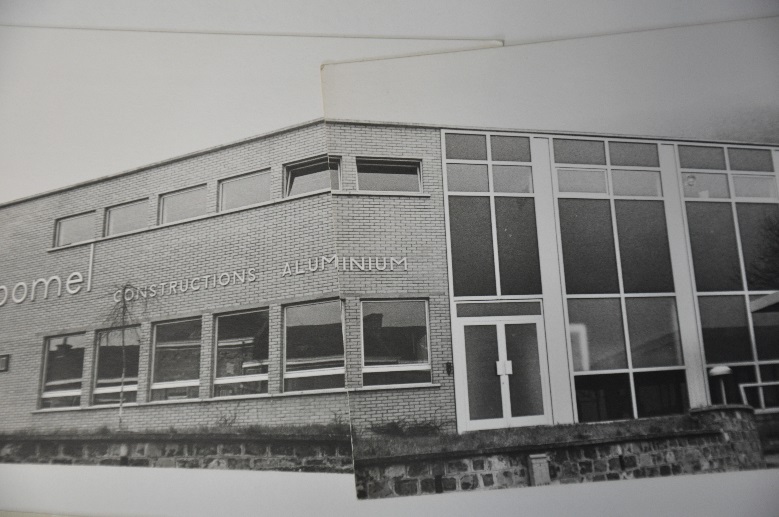
In 1967, a new production facility was inaugurated. In addition to weld-on hinges, the company started manufacturing doors and windows made from aluminium by the brand Schuco. In association with Les Etablissements Poncin (wood frames) and Mineral Product, Pomel took part in the construction of the palace for the King of Saudi Arabia. The company then employed 58 people.
The ongoing success enabled Mr Grutman to further expand the business. 95% of the production of hinges was exported, mostly to the other countries of the Single Market and to Africa.
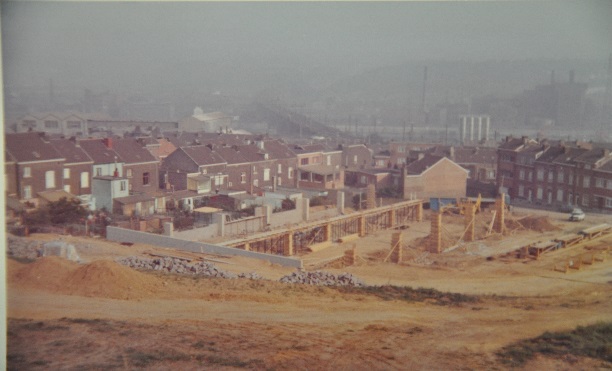
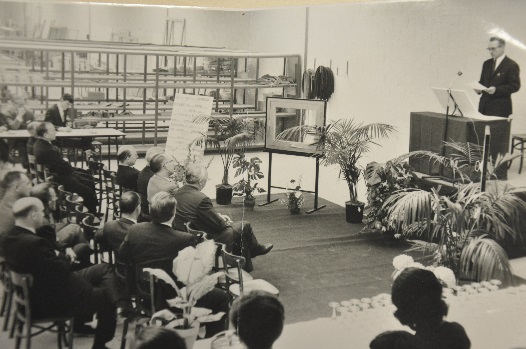
In the 1980s, Pomel started manufacturing bullet-proof kiosks and canopies for service stations. The company hired about a hundred people for these operations at the “Mourg” building in Bressoux.
After Mr Grutman passed away on 19 December 1998, the business was passed on to his two daughters and son-in-law. The weld-on hinges activity was separated from the rest of the production.
Between 2001 and 2013, the company was bought by various groups, including by the Bodart & Gonay group in 2004. It then became “Paumelles Liégeoises”. Over the years, the company continued to grow and diversify. Exports to countries such as Canada, Denmark, Norway, Sweden, Germany and France represented more than 85% of the production output.
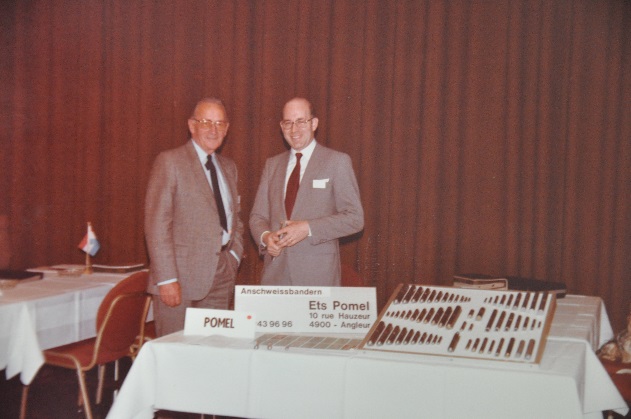
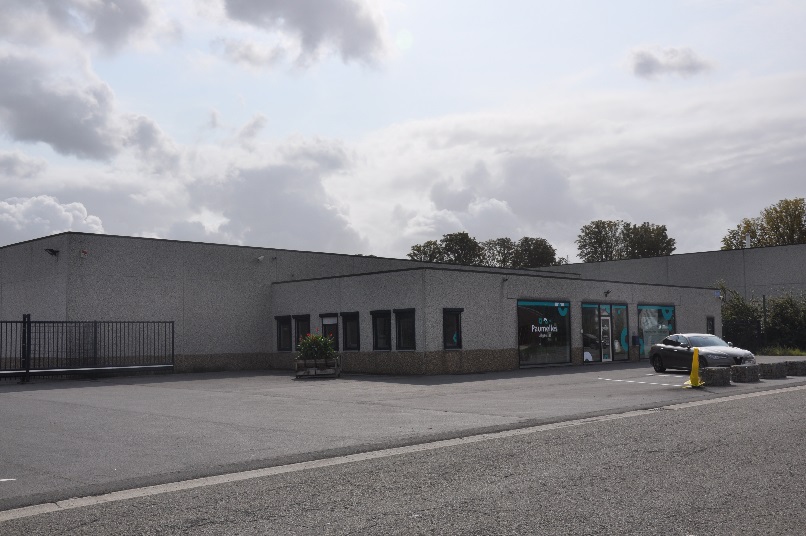
In May 2013, Nathalie Morelle and Fred Limbort acquired Paumelles Liégeoises and expanded their team. The company devoted itself entirely to the manufacturing and distribution of hinges. The aim was to provide customers with a high-quality product, with very short turnaround times, whilst offering tailored customer service centred focused on customer satisfaction. To deliver this service, Mrs Morelle decided to set up a collaborative management system. In doing so, employees were given “ownership” of business projects, which allowed the company to boost its performance.
n order to increase the space available for its manufacturing processes, Paumelles Liégeoises decided to invest in new facilities. In doing so, the company moved into 18 rue des Technologies in Alleur on 9 January 2017.
In addition to bigger premises, the new location gave the company the space to set up a showroom displaying various promotional materials, including a shop for customers to come and pick up the items they need.
Following the move, Paumelles Liégoises purchased new machines, including a HAAS four-axis milling machine, which allowed it to develop its range of products, and its bespoke hinges in particular.
In April 2024, Paumelles Liégeoises has been acquired by the ESTEVE ET COMPAGNIE Group. ESTEVE ET COMPAGNIE is a French industrial group, a major player in the field of hinges and locks for industrial applications through its subsidiaries PINET INDUSTRIE, BOSCH SCHARNIEREN and FIXOR. The aim of integrating the company into the group is to offer customers an ever-expanding range of hinges, thanks to the know-how and expertise of each member.
